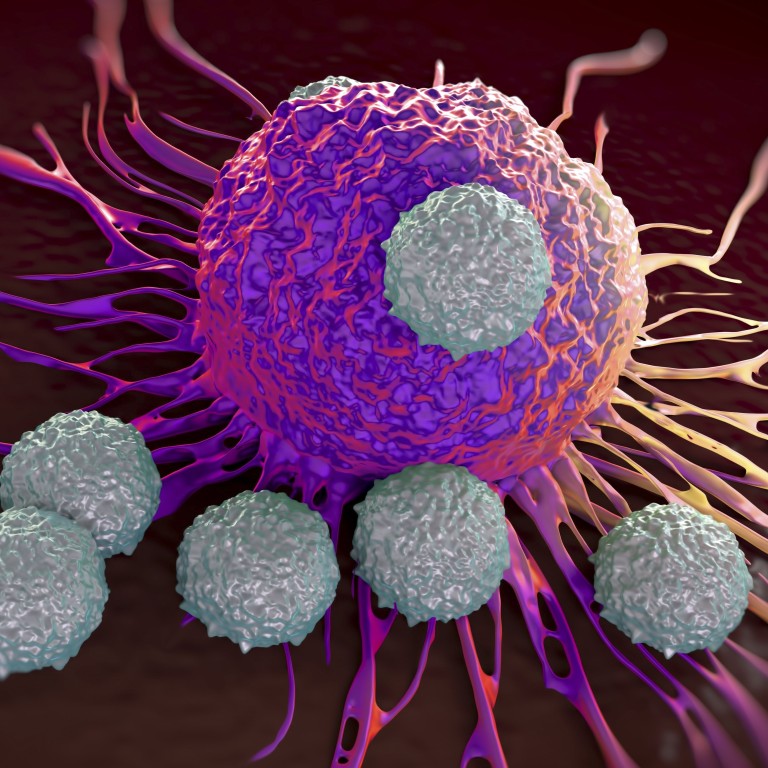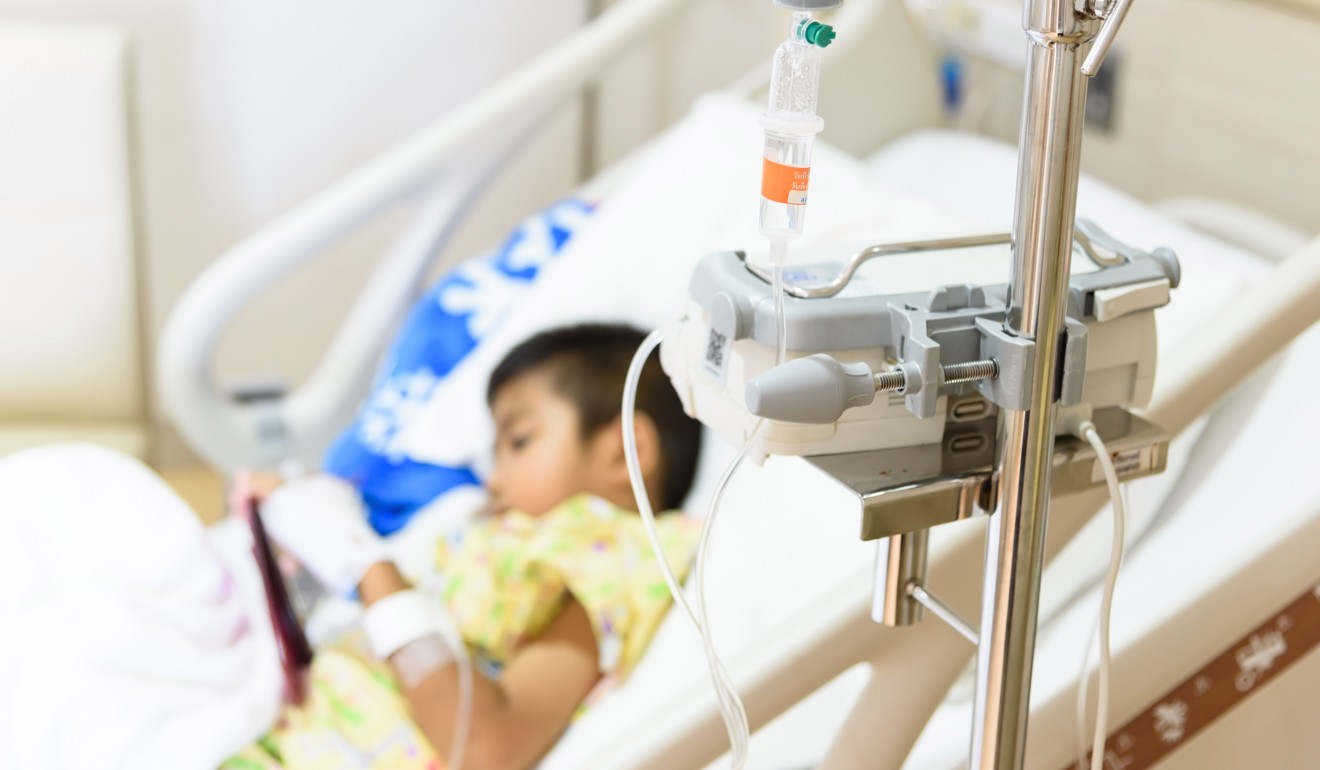
Has China found a cure for cancer in malaria?
- Doctors warn public not to get overexcited or feed into irrational hype as scientist’s claim goes viral
- ‘Not enough evidence to prove this method is useful yet,’ research team co-leader cautions
A scientist’s claim that a malaria parasite shows promise as a cancer treatment has China’s social media users in a frenzy, even as scientists and doctors warn cancer patients not to get overexcited about the claim or to feed into what they call irrational hype.
Chen Xiaoping, a drug researcher from the Chinese Academy of Sciences’ Guangzhou Institutes of Biomedicine and Health, said in a speech at a forum to promote science late last month that the research team he leads had found that the parasite, plasmodium, might offer a cure for cancer.
When that statement went viral on the internet, tens of thousands of comments flooded Weibo, China’s Twitter-like microblogging service. Many of the commenters called the news a breakthrough and wanted the researchers’ contact information.
Chen had said that of the 10 cancer patients who had taken part in a trial of plasmodium as a cancer cure and been observed by researchers for over a year, five had shown “obvious treatment results”, including two who “probably recovered”. The experiment failed to help the rest, with two patients dying.
Infecting a patient with plasmodium helped activate the immune system to battle tumour cells, Chen said, adding that the team has yet to publish any papers on its research.

He said the study, in which patients received 1ml of blood containing plasmodium, was legal, and had met all required approvals.
The research was inspired by world maps Chen saw as a college student about 30 years ago, he told the forum. The maps showed that places with a high incidence of malaria – a life-threatening disease transmitted through the bite of an infected mosquito carrying the plasmodium parasite – had lower cancer mortality rates.
More than 30 people have taken part in the study to date, according to Chen.
“All of the patients in our experiment are those who have received normal cancer treatment methods but didn’t see any progress,” he said in the speech. “They have no other choice. So they decided to try our plasmodium method.”
Chen’s partner and co-leader of the plasmodium project, Zhong Nanshan, a renowned respiratory specialist, has been more cautious in his comments about the potential for plasmodium to become a reliable cancer treatment.

“There are many uncertainties in this research. There is not enough evidence and not enough samples to prove this method is useful yet,” Shanghai-based news website Thepaper.cn quoted Zhong as saying. “Maybe there are some hints from what we got so far, but it’s too early to make any conclusions.”
One issue was managing the onset of fever and other symptoms in patients infected by the malaria parasite, Zhong was quoted as saying. “Doctors should control the patients’ temperature and be careful to prevent malaria spread by the mosquitoes that may have bitten the patients.”
The team is combing the country for another 160 cancer patients for experiments at two hospitals in the southern city of Guangzhou and at one hospital in Kunming in the southwestern province of Yunnan. The search does not include patients with blood cancers.
But as many cancer patients across China welcome Chen’s comments, scientists and doctors caution them not to get their hopes up at this stage.
In an article headlined “Don’t Be Blindly Optimistic about Plasmodium Treating Cancer”, Wang Liming, a professor from Zhejiang University’s Life Sciences Institute, wrote that he opposed publicly promoting research that was in its early stages and far from having been proven successful.
Wang also sought to qualify the results of the experiments by pointing out that in places with a high incidence of malaria, medications such as quinine and arteannuin are widely used to treat malaria. These pharmaceuticals also can be used to treat cancer.
On the other hand, malaria also increased the rate of some varieties of cancer, posing a risk for cancer patients undergoing the plasmodium treatment, Wang wrote.
Throat cancer patients regain their voice through new app
“Chen’s team should find out which immunity cells are activated by plasmodium, how it activates the immunity system and which part of the immunity system activated is meaningful,” Wang wrote. “These research findings can guide us to invent effective and safe drugs for cancer.”
A representative for the Chinese Academy of Sciences’ (CAS) Guangzhou Institutes of Biomedicine and Health could not be reached for comment on Wednesday.
A senior doctor at Guangzhou Fuda Cancer Hospital, one of the cooperating hospitals in the experiment, told the South China Morning Post that CAS, the national academy for the natural sciences which sponsors the Guangzhou research institution, instructed officials on Wednesday not to talk with media about the cancer study.
“The research is still in an initial stage and massive media coverage would possibly mislead the public,” the doctor said.
A worker with the First Affiliated Hospital of Guangzhou Medical University said the hospital had been flooded with inquiries from cancer patients.
“Many people regard this project as their last chance to be saved,” the employee said. “They said they wanted to apply to join it, but we have to tell them CAS recently announced that it was not accepting any more applicants.”
China has about one quarter of the world’s cancer patients, with the number of cancer cases in the country rising each year. In 2018, 3.8 million new cancer patients were diagnosed nationwide, with 2.3 million people dying from the disease, according to the National Cancer Centre.
Treatment costs are a burden for many families in China. Many expensive cancer drugs have to be imported and are not covered under public medical insurance programmes.

